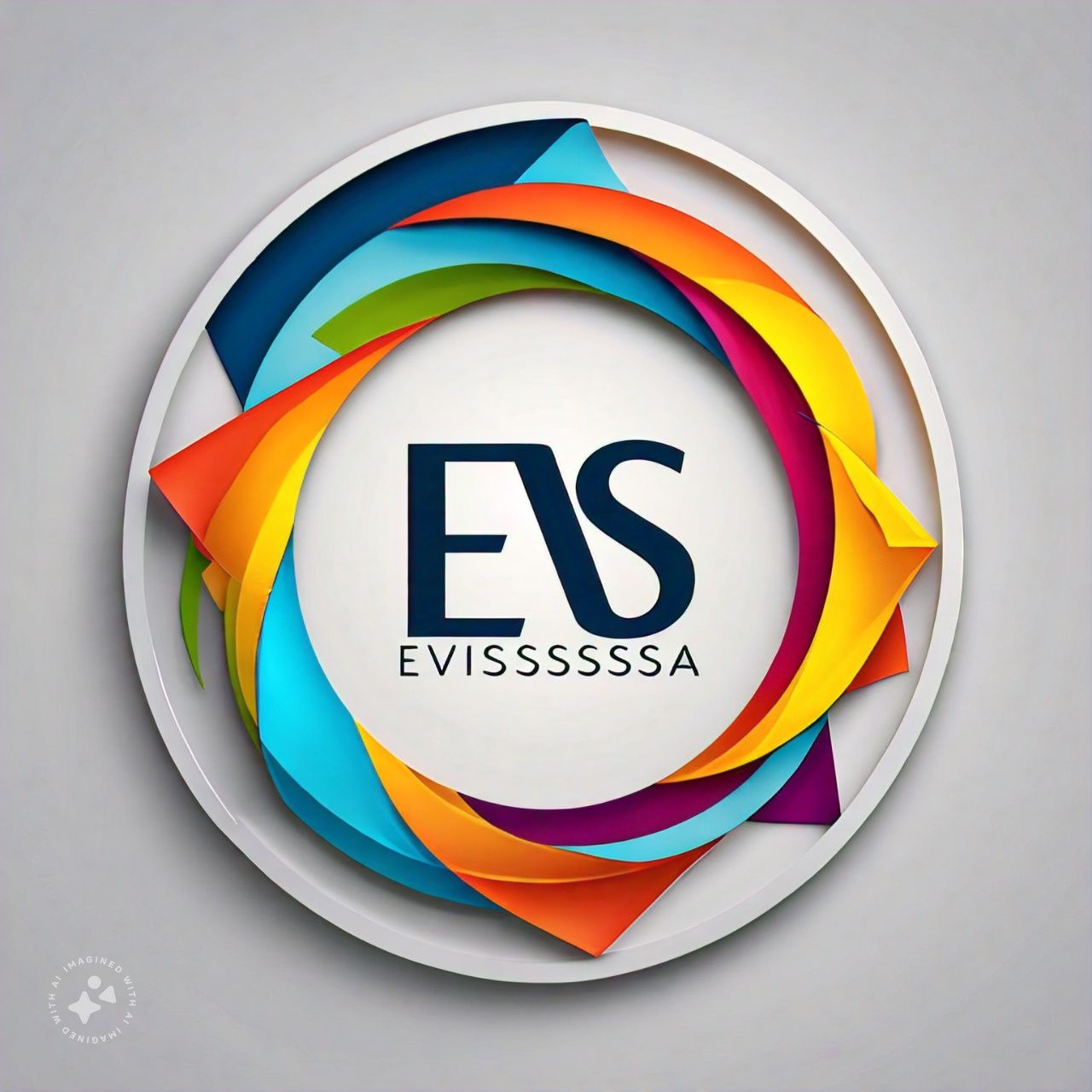
Israel is eligible for both the E-1 Treaty Trader and E-2 Treaty Investor visas. These visas are available to nationals of countries that have a treaty of commerce and navigation with the United States.
Here’s a breakdown of both visa types:
E-1 Treaty Trader Visa
- Eligibility: This visa is for individuals or employees of a business involved in substantial trade between the U.S. and Israel.
- Trade Requirements: The trade must be primarily between the U.S. and Israel, and it must be substantial. This can include goods, services, and technology.
- Duration: The E-1 visa is typically issued for up to two years, with the possibility of extensions.
- Purpose: This visa allows individuals to enter the U.S. to engage in trading activities.
E-2 Treaty Investor Visa
- Eligibility: This visa is for individuals or employees of a business in the U.S. where they are making a significant investment in a U.S.-based enterprise.
- Investment Requirements: The individual must invest a substantial amount of capital into a business in the U.S. that they either own or control.
- Duration: The E-2 visa can also be issued for up to two years and is renewable as long as the investment and business continue.
- Purpose: This visa is designed for investors who want to manage or direct a business they have invested in.
CLICK HERE TO APPLY

How to Apply:
- Application Process: The application process for the E-1 and E-2 visas involves submitting forms to the U.S. consulate, including proof of your business activities and investment.
- Supporting Documentation: You will need to provide evidence of the trade or investment, the substantiality of the activity, and proof that your activities will continue after entry into the U.S.
When dealing with the E visa application process for Israeli citizens, privacy policies generally refer to how personal and sensitive information provided during the application is handled, protected, and shared by the relevant U.S. authorities.
The U.S. Department of State and the U.S. Citizenship and Immigration Services (USCIS) are responsible for processing visa applications and collecting personal data. Here is an overview of what privacy policies might entail in this context:
1. Data Collection:
- When applying for an E visa (E-1 or E-2) to the U.S., applicants are required to submit personal information including, but not limited to:
- Full name, date of birth, and nationality
- Passport details
- Details about your business or trade activities (for E-1) or investment (for E-2)
- Financial information to prove the investment is substantial
- Contact information
2. Purpose of Data Use:
- The information you provide is used to:
- Verify your eligibility for the visa
- Process your application
- Conduct background and security checks
- Communicate with you about your application status
3. Data Sharing:
- Your personal data might be shared with other U.S. government agencies for the purpose of immigration processing and national security, including:
- U.S. Citizenship and Immigration Services (USCIS)
- U.S. Department of State (including embassies and consulates)
- U.S. Customs and Border Protection (CBP)
- National Security and Law Enforcement Agencies
4. Privacy Protections:
- The U.S. government has strict data protection measures in place to safeguard your personal information:
- Use of secure channels for data transmission
- Limited access to your data by authorized personnel only
- Compliance with U.S. privacy laws, including the Privacy Act of 1974, which restricts unauthorized disclosure of personal information
5. Rights of Applicants:
- Access to Information: Applicants can request access to their data held by U.S. agencies under certain circumstances.
- Data Accuracy: You are encouraged to provide accurate and up-to-date information to avoid delays or issues in your visa application.
- Privacy Consent: By submitting an application, you consent to the collection and processing of your data as outlined in the U.S. Department of State’s privacy policy.
6. Data Retention:
- The personal data you provide will be stored for as long as necessary to complete your visa processing or as required by U.S. law. This includes both physical records and electronic data.
7. Third-Party Services:
- If you use third-party services to assist with your visa application (such as an immigration lawyer or consultant), be aware that these entities may have their own privacy policies. Ensure they handle your data with the same level of protection as the U.S. authorities.
8. Changes to Privacy Policies:
- The U.S. Department of State or other agencies involved in the visa process may update their privacy policies from time to time. It’s important to review these policies before submitting your application.

